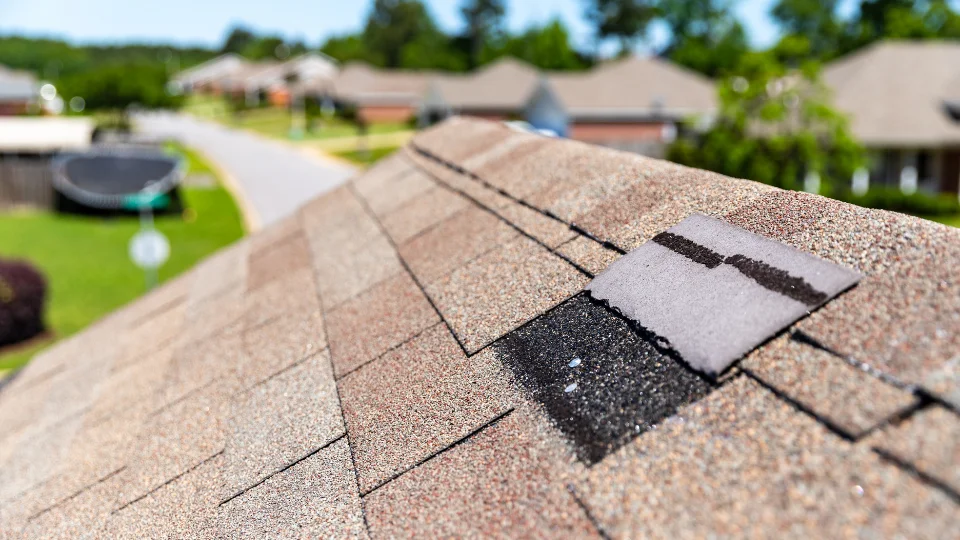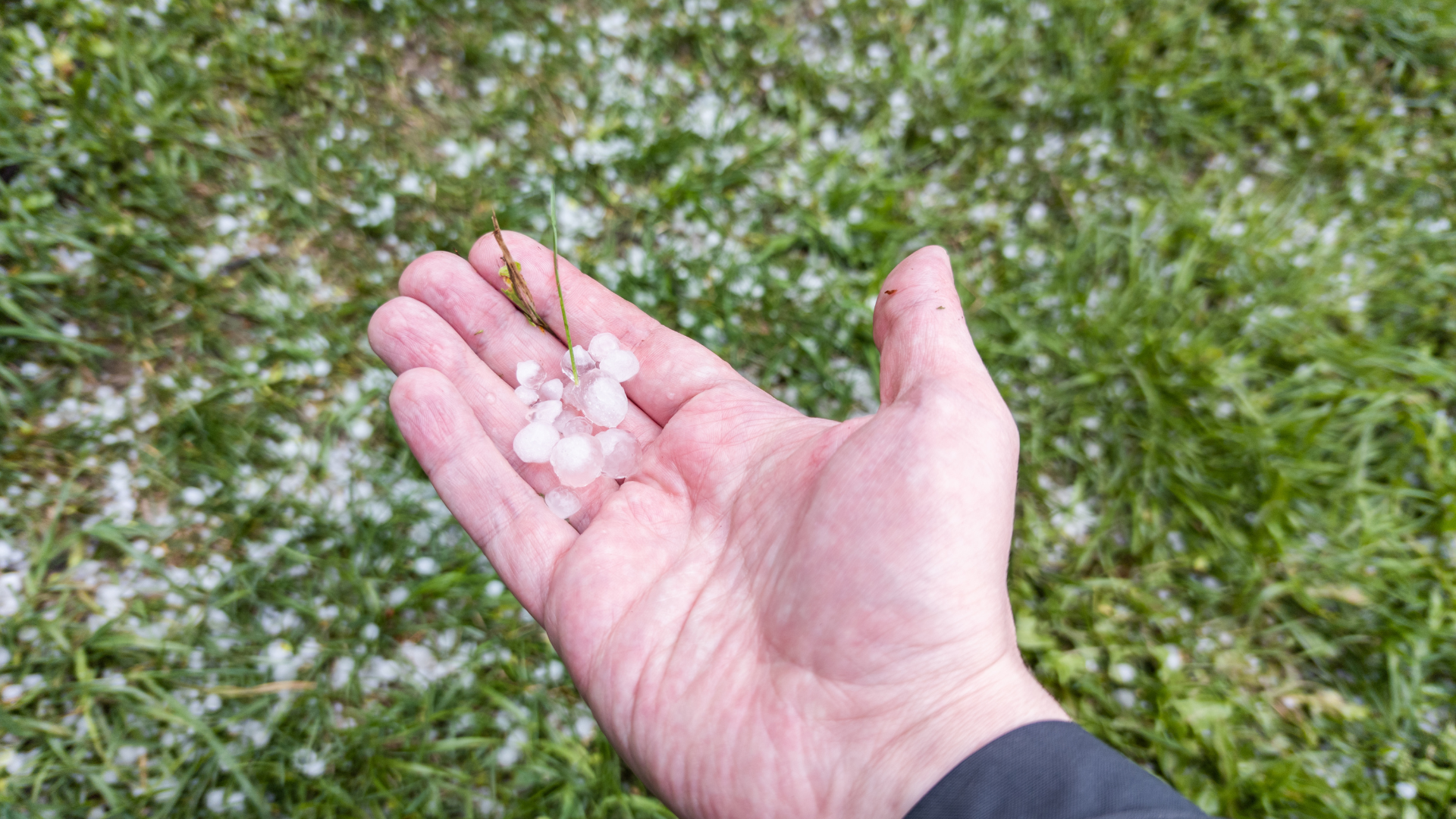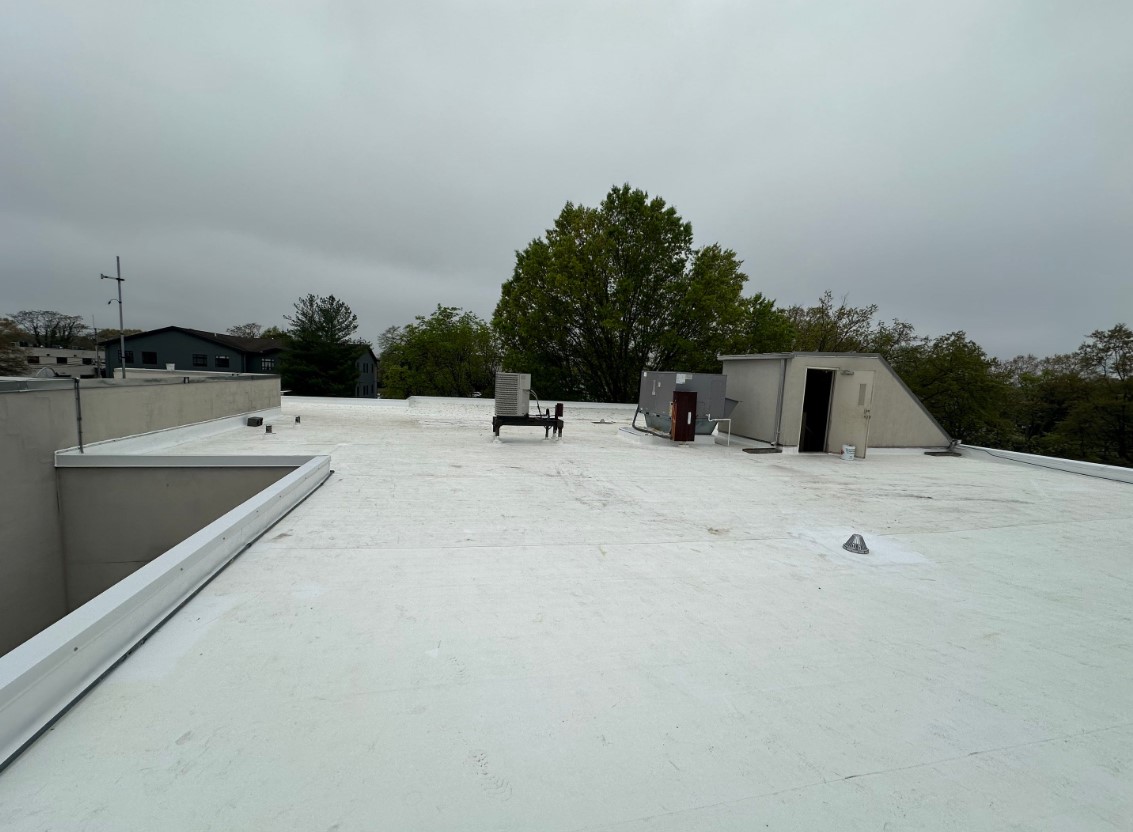The wind is howling. The rain and hail are battering your home. Branches flung from far afield pound on your roof.
Once the storm subsides, you head outside to inspect the damage. While much of your home seems fine, the roof is in a worse-for-wear state. Yes, that’s right, you need to consider storm damage roof replacement ASAP!
After all, extreme weather events are on the rise worldwide—and that includes America.
Letting a storm-damaged roof go without rapid replacement means leaving your property vulnerable to further decay. This could be everything from rats and mice in your attic and termites in your walls to mold caused by water infiltration or even foundation cracks.
Read on to find a roofing professional experienced with storm damage fast.
Are They Credible?
After a storm hits your area, you can bet that the “storm chasers” will be out in force.
These companies take advantage of adverse weather events to sell their storm damage services. While there’s nothing really wrong with this, it can mean homeowners end up going with the first company that knocks on their door or lands in their email inbox.
Instead, you should take your time first to assess the damage to your home, then research companies in your area. Call them to enquire after their services, rather than the other way around.
A roof replacement is a significant expense for most people—even more so in the aftermath of a big storm. Don’t settle for less because it’s convenient.
Materials Matter
When you work with a highly professional, community-based roofing service, benefits include everything from the company understanding the building codes unique to your municipality to pricing that fits the local market.
Another key benefit is you have a chance to carefully review the materials they work with up close and in person. Cheap, low-quality roofing materials might seem attractive from a household budget perspective, but it’s a decision you’ll regret in the long term.
Check your roofing company uses materials that:
- Are suitable for local weather and climate conditions
- Suit the style of homes in your area
- Offer special features like UV protection or algae resistance
- Can support potential future additions like solar panels
- Come with multi-year warranties or guarantees
Considering you’re replacing your roof due to storm damage, ensure the materials your roofer of choice uses are storm-proof.
Check Their Licensing and Insurance
When choosing a roofing service, ensure that whichever company you work with is licensed in your state.
For example, in Maryland, contractors need a license from the Home Improvement Commission. To qualify for licensing, they need to meet specific criteria, including at least two years of experience in home improvement, proof of financial solvency, and insurance—among other requirements.
Working with a licensed roofer gives you peace of mind that they meet the minimum requirements for professionalism outlined by your municipality.
Check, too, that they hold general liability insurance. This protects you, the homeowner, in case any accidents occur on your property during your new roof construction.
Are They Responsive?
If you’re considering hiring a roofing contractor and they’re evasive in their answers to your questions, look elsewhere.
You need to work with a contractor that answers your questions confidently, enthusiastically, and in detail. If a contractor isn’t transparent about their processes, pricing, materials, or timeline, consider this a warning sign.
Whether you email or call, a professional roofing company will immediately follow up on your inquiry. If there is a delay, they will explain the reason behind it—without making excuses. While most roofing companies will be inundated with calls following a storm, they should also understand that most cases of storm roof damage are urgent.
Get Referrals; Check Reviews
Even if you’re in a hurry to address storm damage, it’s essential to source referrals and check reviews of the roofing contractors you’re considering working with.
Ask friends and family if they have any experience with roofers and can recommend a company. If you search online for a company, check customer reviews on Google maps or the Better Business Bureau. Peruse the customer testimonials and past projects on the companies’ websites.
Good roofers have the support of their community, so by asking around, you should get reliable leads on the best options nearby.
Go Beyond the Price
Going for the cheapest of anything is never a good idea; the same goes for a replacement roof. And often, storm-related roof replacement is an emergency; a quick turnaround on a project may add to the overall cost.
Get estimates from your preferred roofers and compare the services they offer for the requested fees. Pursue the contracts carefully to check for hidden costs or add-ons. Ensure you ask about any warranties or guarantees on products and completed work.
Don’t Delay Storm Damage Roof Replacement
Storm damage roof replacement is not something to wait on. The longer you delay replacement, the further your home will deteriorate. Thankfully, once you replace your roof, you can expect decades of service from it.
And that quickly makes up for the high up-front costs.
Finding the right roofer takes research and an inquiring mind. You need to ensure the roofer is familiar with home-building in your location, has sterling customer reviews, and has a solid track record in constructing roofs that last. They should have excellent communication skills, transparent contracts, and fair pricing.
If you need storm damage support, contact the team at Landmark Roofing today. Partners Artie Hendricks and Rob Calhan have assembled an unrivaled team of skilled and conscientious professionals to take care of window, roof, and siding needs in Anne Arundel, Prince George, Montgomery, and Howard.






